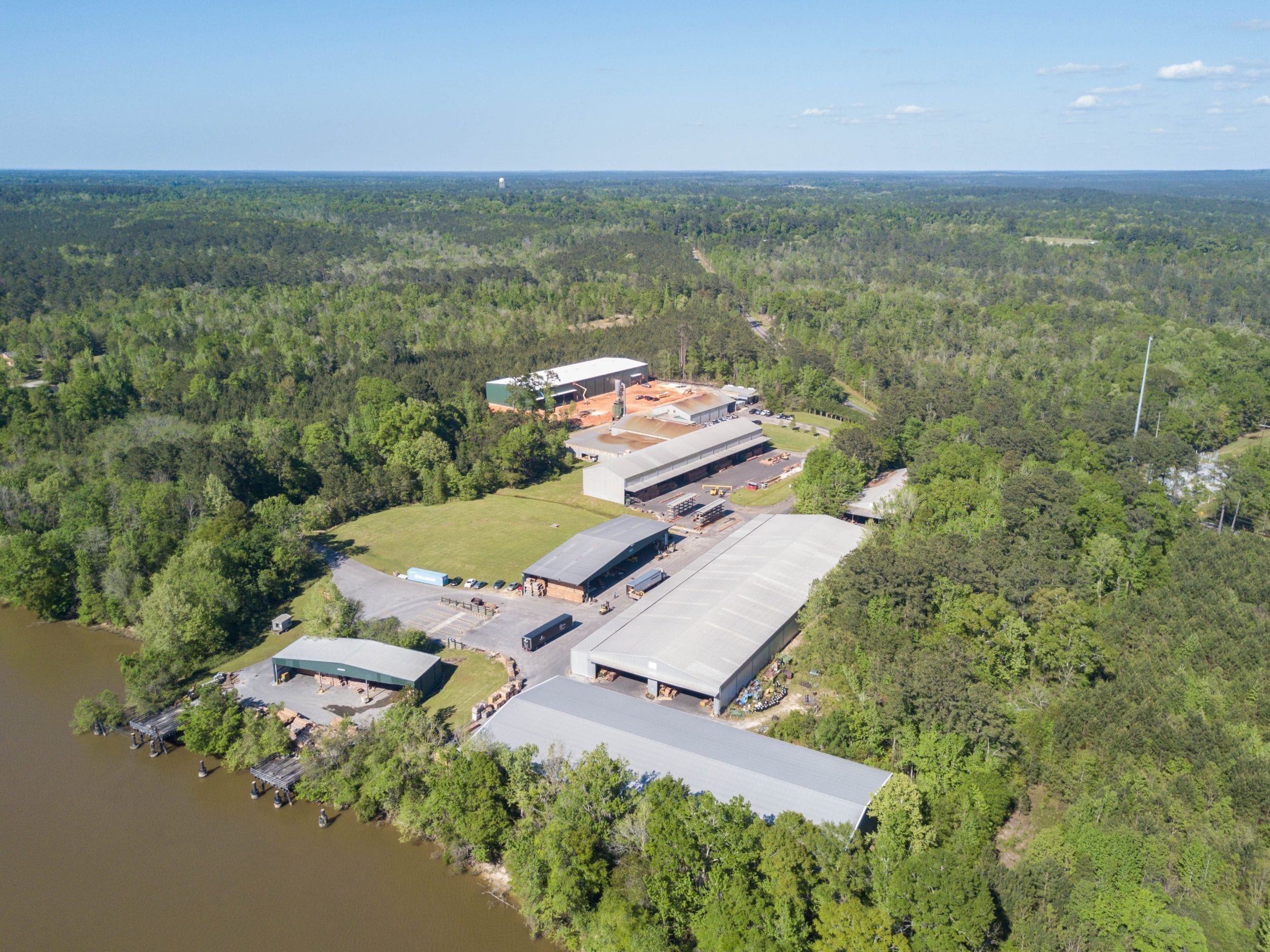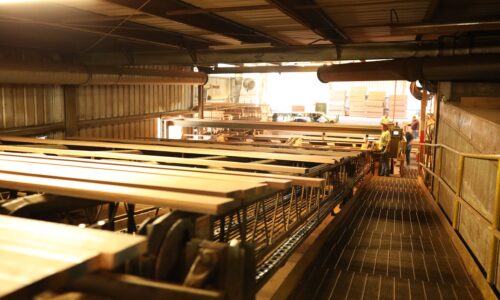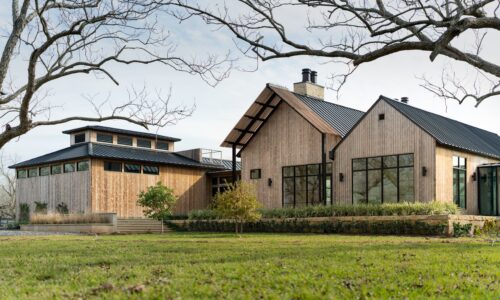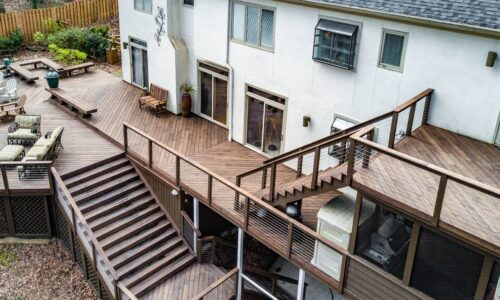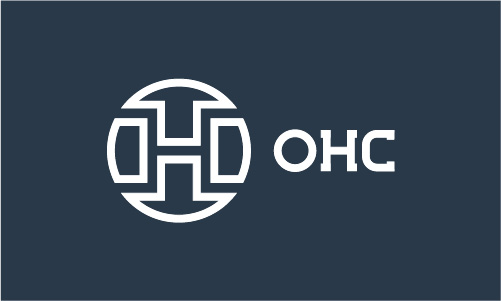Gregory Robinson grew up in Mobile, AL, as a part of a family with a long history in lumber, but he never could have predicted that one day he’d spend his days immersed in Brazilian culture, traveling up and down Amazonian tributaries, and conducting business transactions in Portuguese.
When he first began his work as a hardwoods buyer back in 2002, Gregory spent 160 days in Brazil learning the culture. He didn’t speak Portuguese, but quickly realized it was critical to learn it as quickly as possible. He attended an intensive language school for two weeks, and has developed his language skills over the years. Now, Gregory only travels to Brazil a few times a year for inspecting and purchasing of product.
When travelling to Brazil, trips are typically about two weeks. While abroad, Gregory hits the ground running, breakfasting with a business contact at 7am, and ending the day with a 9pm dinner with another supplier. In between he typically visits multiple mills in pursuit of the very best lumber. A trip could consist of four to five cities or towns, and eight to ten mills per town. He’s gone to extreme lengths to reach a town, once hiring a tiny plane to fly him out, or riding on a boat for three to four hours. Gregory has travelled the partially-unpaved Rodovia Transamazônica (Trans-Amazonian Highway), which has no bridges even on the most treacherous sections, once crossed a river in a canoe, and spent the coldest night of his life on a barge with an out-of-control air conditioner.
Besides the sometimes adventurous aspect of his work, Gregory has also built relationships over the years with mill owners and employees, eating meals in their homes. He’s even received help in expanding his Portuguese vocabulary to learn the most effective words for a situation (hint: some of them have four letters).
Gregory has learned that culturally, Brazilians might have the intent to follow through on a business deal, but that doesn’t necessarily mean it will happen. He estimates that in the first two years on the job, only about 20% of the orders he placed were filled, and came to realize that a transaction isn’t a sure thing until the lumber is on the ship. There have been a few cultural barriers to overcome, but now, he says, these relationships have enabled him to know which mill partners are truthful, legal, and reputable, and which ones need to be avoided.
“It’s critical,” he says, “to build professional and personal relationships and really know our suppliers in order to buy the very best lumber possible. Anyone who doesn’t truly know their suppliers is really rolling the dice.”
While in Brazil, Gregory blends high-tech and low-tech tools. He uses GPS to find remote locations, and WhatsApp (a messaging app) to communicate with suppliers, but he also relies on the common humanity of shared experiences to bridge cultural divides, such as sharing a meal in someone’s home, or showing off family photos. All of these methods and skills ensure that OHC sources the highest quality, most beautiful Brazilian lumber products for their customers.

